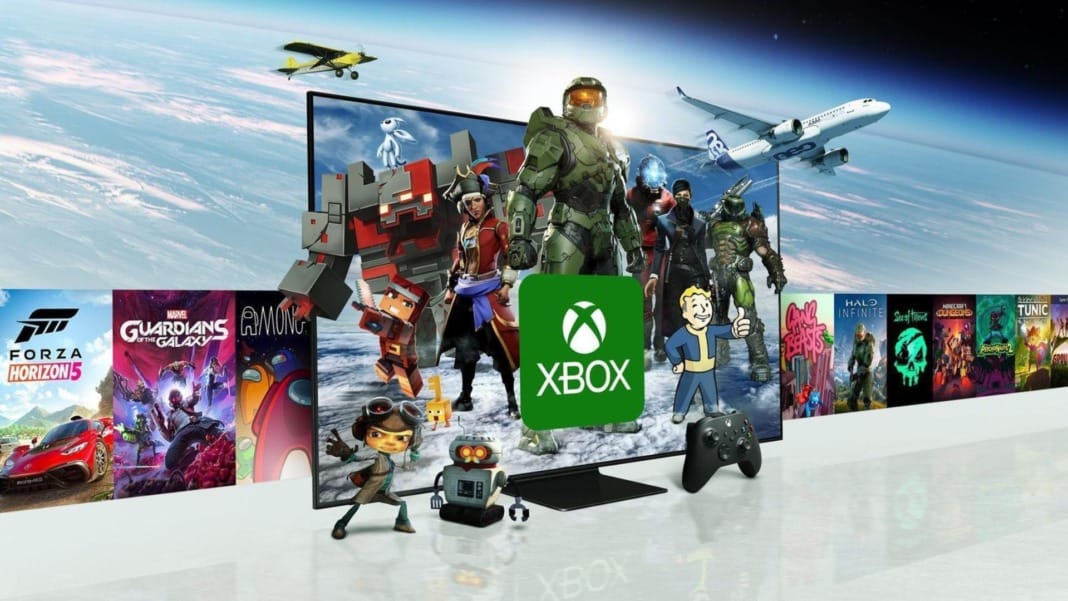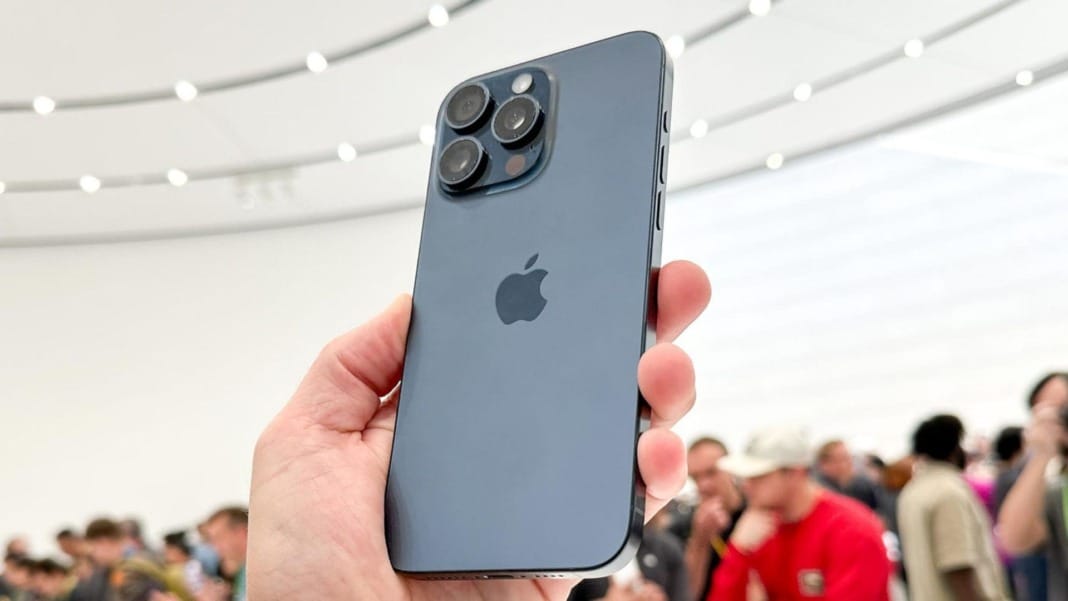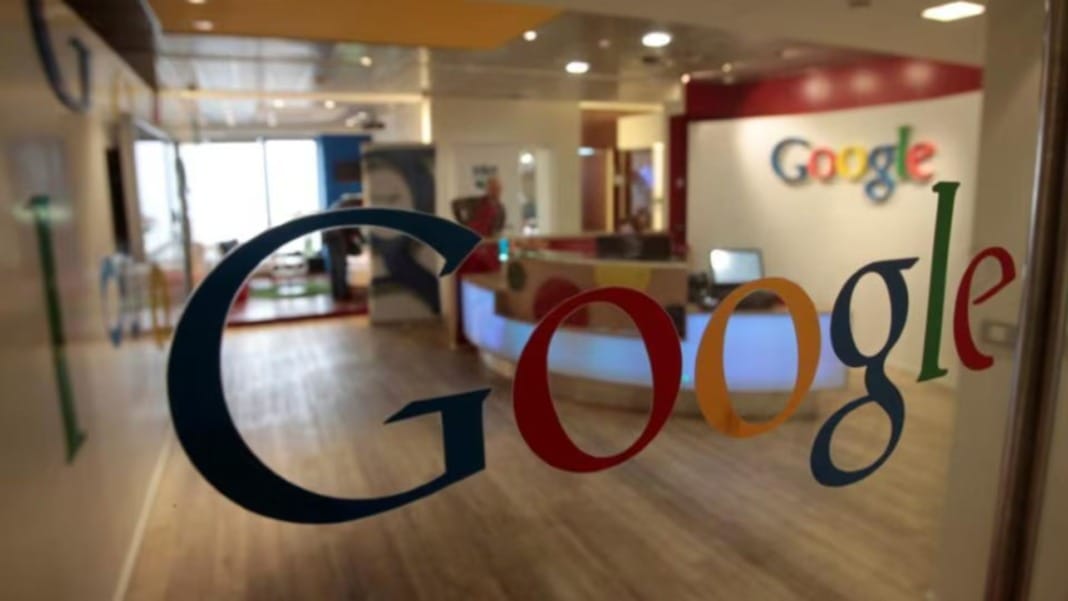On Wednesday, the Federal Trade Commission (FTC) highlighted Microsoft’s recent price increase for Xbox Game Pass as evidence of the negative impact its merger with Activision Blizzard has had on consumers. The agency filed a new letter in its ongoing appeal of last year’s merger, describing the changes as “exactly the sort of consumer harm from the merger that the FTC alleged.”
The FTC’s ongoing appeal against Microsoft
After losing its lawsuit to halt Microsoft’s purchase of Activision Blizzard in July 2023, the FTC appealed the decision to the U.S. Court of Appeals for the Ninth Circuit. While awaiting a final decision, the FTC has submitted additional evidence to bolster its claims that the merger would hurt competition in the gaming industry and disadvantage customers. This includes a letter from earlier this year after Microsoft laid off nearly 2,000 employees across its newly acquired teams.
Today’s letter, reported by Games Fray, supports its case by pointing to Microsoft’s recent changes to Game Pass. It notes that Game Pass for Console is discontinued for new and returning subscribers. It will be replaced by a more expensive “standard” bundle that excludes day-one releases like the upcoming Call of Duty: Black Ops 6, acquired through the Activision deal. Consequently, only the Game Pass Ultimate subscription, now priced at $20 per month, will include access to all Game Pass games.
Quick and dirty chart by me to display the new Xbox Game Pass structure (subject to correction).
— Klobrille (@klobrille) July 10, 2024
I hope this helps. pic.twitter.com/Qj6CX7i4kG
FTC’s arguments on consumer harm
“Microsoft’s price increases and product degradation—combined with reduced investments in output and product quality via employee layoffs—are the hallmarks of a firm exercising market power post-merger,” the FTC stated. The agency also referenced a statement Microsoft made during the trial last summer, suggesting Game Pass wouldn’t become more expensive just because Activision Blizzard’s games were added.
“Here, the acquisition would benefit consumers by making [Call of Duty] available on Microsoft’s Game Pass on the day it is released on console (with no price increase for the service based on the acquisition),” Microsoft wrote at the time. This statement was widely circulated and has since contradicted the recent price hikes. Microsoft may argue that the price increase was part of a broader strategy shift for its subscription service business rather than a direct result of the acquisition.
Potential implications of the appeal
“Microsoft’s post-merger actions thus vindicate the congressional design of preliminarily halting mergers to evaluate their likely competitive effects fully and judicial scepticism of promises inconsistent with a firm’s economic incentives,” the FTC’s letter concludes. The timeline for a final decision in the appeal is unclear, and the potential consequences if Microsoft loses the appeal could be significant. The situation would likely become even more complex and confusing than the current Game Pass overhaul.





